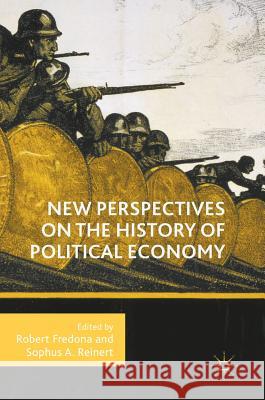New Perspectives on the History of Political Economy » książka
topmenu
New Perspectives on the History of Political Economy
ISBN-13: 9783319582467 / Angielski / Twarda / 2018 / 413 str.
Kategorie:
Kategorie BISAC:
Wydawca:
Palgrave MacMillan
Język:
Angielski
ISBN-13:
9783319582467
Rok wydania:
2018
Wydanie:
2018
Ilość stron:
413
Waga:
0.85 kg
Wymiary:
21.9 x 15.8 x 4.1
Oprawa:
Twarda
Wolumenów:
01
Dodatkowe informacje:
Wydanie ilustrowane











